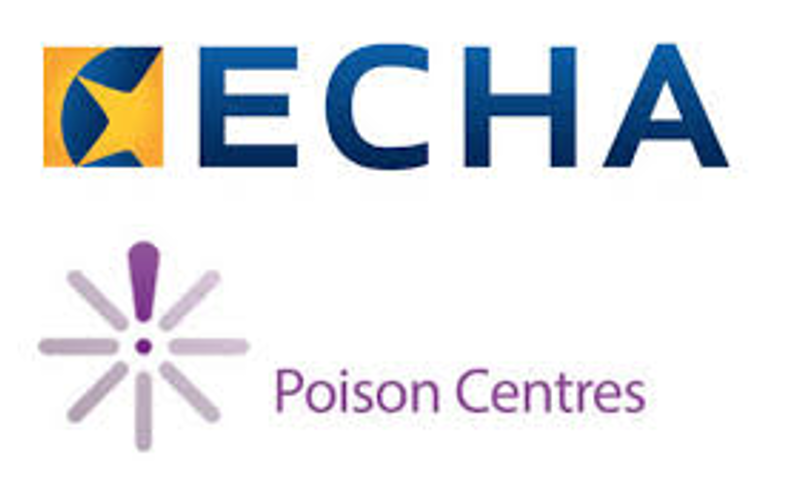Poison centres play a crucial role in protecting public health by providing information and guidance in cases of exposure to hazardous chemical substances. The Poison Centres Notification (PCN) process, which is part of the CLP Regulation (Classification, Labelling and Packaging), sets specific requirements for chemical companies regarding the provision of information to poison centres. Compliance with this process is essential to ensure timely and effective responses in cases of poisoning.
Role of Poison Centres
Poison centres provide advice in cases of human exposure to toxic or dangerous chemical substances, whether through ingestion, inhalation, or skin contact. The information they provide is critical for immediate medical care and helps reduce the impact of poisoning. To offer accurate instructions, these centres require detailed information on the product’s composition, properties, and the potential effects of exposure.
The PCN Process
The PCN process was established to harmonise and improve the notification of hazardous chemical mixtures to poison centres across the European Union. Companies placing chemical products on the EU market are required to provide specific information to national poison centres so they can offer timely and correct guidance in the event of poisoning.
Companies must submit information about the product’s composition, hazardous properties, first aid instructions, and recommendations for medical treatment. Notification is done through a harmonised electronic system, which simplifies the process for companies and makes it easier for poison centres to access accurate and updated data.
Application in the Chemical Industry
The chemical industry is directly impacted by the requirements of the PCN process. Companies producing or distributing chemical products within the EU must submit information for every hazardous mixture placed on the market, ensuring that the information is complete and accurate. This process applies not only to large multinational corporations but also to small and medium-sized enterprises in the chemical sector.
A key element in facilitating compliance with these requirements is the Unique Formula Identifier (UFI), a code that must be included on product labels. This 16-character code is linked to the product’s composition, allowing poison centres to quickly identify the chemical mixture in cases of exposure or poisoning. Chemical companies must generate and include the UFI on their product labels and submit it, along with other required information, via the notification system to ensure prompt and accurate assistance from poison centres.
Challenges and Benefits for the Industry
Compliance with the PCN process can pose challenges for businesses, such as the need for accurate and detailed data submissions, which require specialised staff and resources, especially for companies managing a large portfolio of chemical products. Moreover, implementing the harmonised notification process across Europe can be complex, as companies must meet different legislative requirements in each EU member state.
Despite these challenges, the benefits are significant. Harmonised notification of information improves the safety of both consumers and workers by making reliable information accessible in the event of accidents. Additionally, the existence of a central notification system reduces bureaucracy for businesses and ensures compliance with regulatory requirements across all EU member states.
Conclusion
The PCN process and the role of poison centres are critical tools for safeguarding public health from the risks associated with the use of chemical substances. The chemical industry must adapt to these requirements, ensuring that the information submitted is complete and accurate. Despite the challenges, compliance with the process offers substantial benefits, enhancing safety and the well-being of both consumers and employees.
The IoCT provides specialised services for the preparation and submission of poison centre notifications. For more information and collaboration, please contact us.

